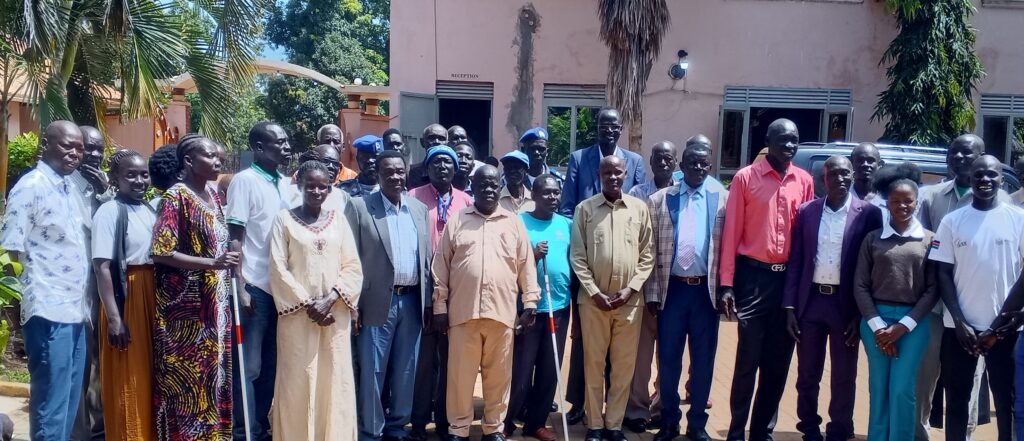South Sudanese authorities are urging citizens to renounce hate speech, citing it as a major driver of the country’s intensifying conflicts.
The call came during the opening of a two-day workshop in Torit on Saturday, focused on developing a media and public communication strategy to counter hate speech.
The event, organized by the U.N. Development Programme and the national Ministry of Peace Building in collaboration with the Media Authority, was funded by the Korea International Cooperation Agency.
Eastern Equatoria State Minister of Information Elia John Ahaji stated that the government has chosen “peace above all” and that avoiding hate speech is critical to that goal.
“Hate speech that has been circulating in our communities by us threatens peace,” Ahaji said. “We produce those words either knowingly or unknowingly… words justify our action either to exclude or [promote] violence among our communities.”
He specifically cited ethnic slurs like “Nyamnyam” for people from Equatoria, “Jenge” for the Dinka community, and “Lotuko for nothing” as examples of language that fuels division.
Ahaji also directed a message to journalists, urging them not to be “tempted to be used as a tool for spreading hate speech.”
“It is our responsibility to make sure what we are sharing to our people is something that will promote our peaceful coexistence,” he added.
The workshop brought together more than 50 local government officials from Eastern Equatoria’s eight counties. Its goal is to identify and analyze hate speech, propaganda and disinformation, according to organizers.
Margaret Ladu, a peace and community cohesion analyst with UNDP, said the meeting would help map stakeholders and develop a national strategy. She described it as part of a series of workshops held in other regions, including Juba, Wau and Warrap.
Abraham Deng Garang, director for coordination and public relations in the national Ministry of Peace Building, said the consultations will help the country develop a framework to counter the problem.
“Hate speech has contributed directly and indirectly to conflict,” Garang said. “It is one major factor that escalates and magnifies most of the conflict. Before there is conflict, there has to be hate speech.”
Auxilio Odume Raymondo, the director general at the Eastern Equatoria State Ministry of Peace Building, acknowledged that hate speech helps fuel conflict in South Sudan.
“Peace has to start with us,” Raymondo said. “We need to stop uttering words that causes conflict among our communities.”




